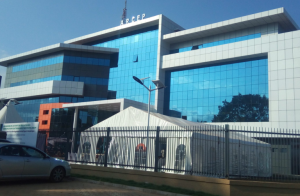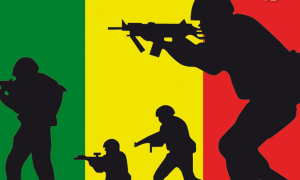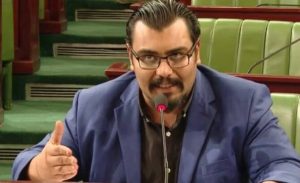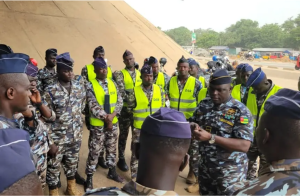Real Madrid Secures Brazilian Sensation Endrick as the New Number 9

Without a taker since the departure of Karim Benzema, Real Madrid has finally found the player who will wear the coveted number 9 left by the former captain and one of the club’s greatest players in history.
Before joining Bayern Munich, many saw Harry Kane as the ideal heir to the jersey of the former Madrid striker.
However, Real Madrid did not enter the bidding with the Bavarian club, which managed to snatch the British striker from the love of Tottenham’s Spurs.
Neither Joselu nor Jude Bellingham took it either, and the number 9 remained vacant.

While some rumors mentioned a few months ago the possibility of it being assigned to Kylian Mbappé upon his arrival in the summer of 2024, no one knows to this day if the Bondynois will actually leave PSG and join the Spanish capital. In fact, Real Madrid has already found its new number 9.
According to El Chiringuito, it will be Endrick who will inherit Karim Benzema’s legacy.
The Brazilian sensation, who was visiting the Santiago Bernabéu this weekend for Real Madrid vs. Villarreal (4-1), will be the new number 9 for the Merengues next season.
A significant responsibility if the information is confirmed, but the former Palmeiras player can rely on the Brazilian community at the Casa Blanca to meet the challenge.






